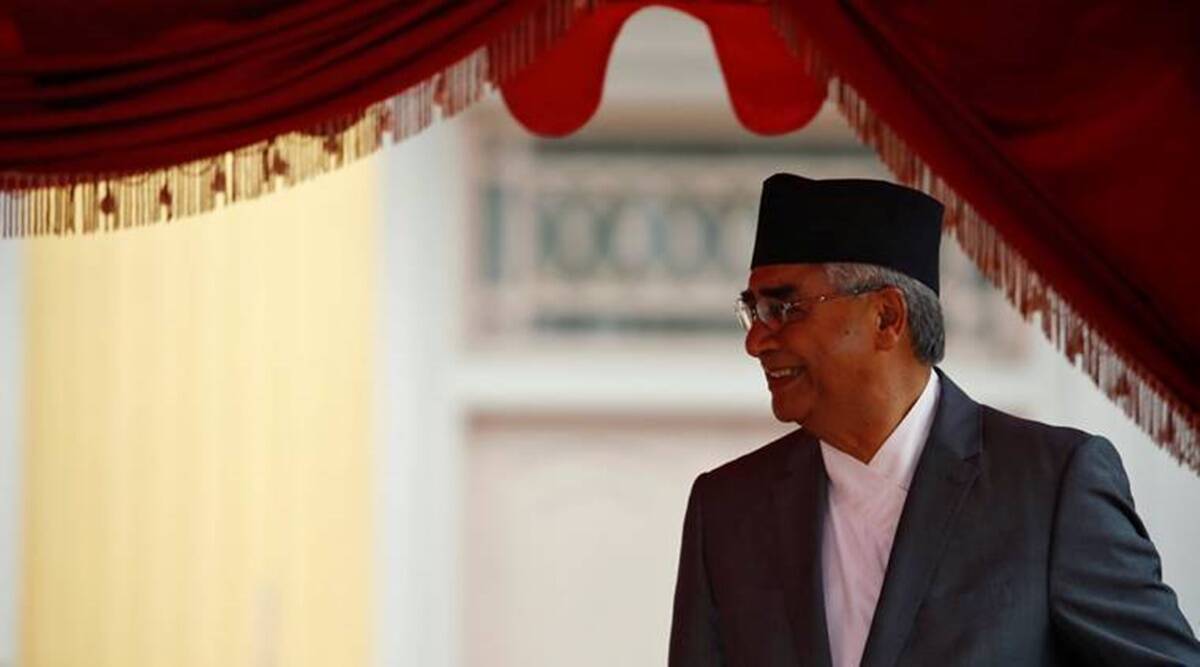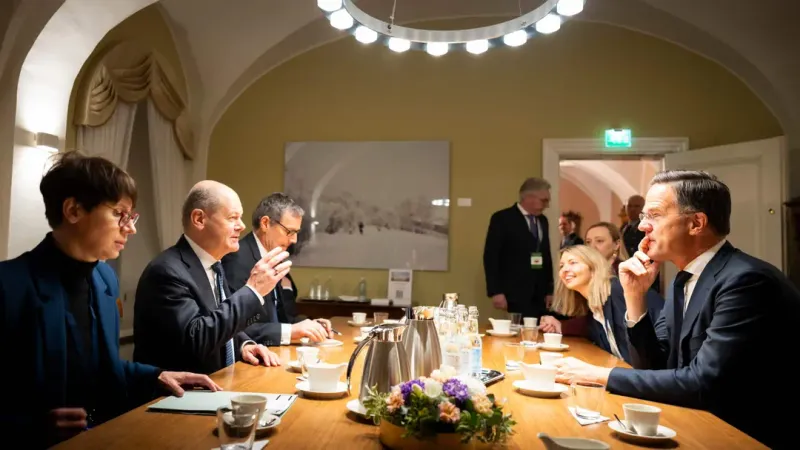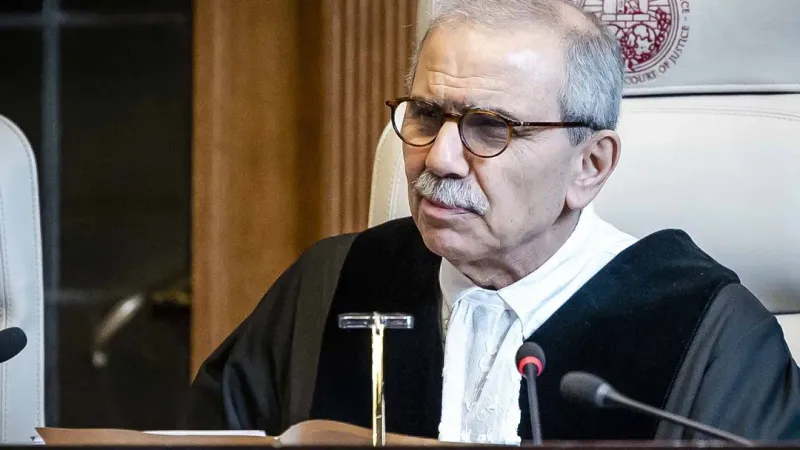Nepal: Deuba Likely to Remain PM Despite Ruling Coalition Losing Majority
Nepal's incumbent Prime Minister Sher Bahadur Deuba is set to stay for a sixth term following last month's general election. The Election Commission declared on Wednesday that his Nepali Congress party had won 89 of the 275 seats in parliament.

Facts
- Nepal's incumbent Prime Minister Sher Bahadur Deuba is set to stay for a sixth term following last month's general election. The Election Commission declared on Wednesday that his Nepali Congress party had won 89 of the 275 seats in parliament.
- The news comes as it was confirmed the five-party ruling coalition — made up of the Congress, the CPN (Maoist Center), the CPN (Unified Socialist), the Loktantrik Samajbadi Party, and the Rastriya Janamorcha — had secured 136 seats, just two seats short of the 138-majority mark.
- Almost 18M voters were eligible to participate in the Nov. 20 parliamentary and provincial elections, but only 61.5% cast their ballots.
- The Deuba-led alliance is likely to form a new government in the next few days, with a spokesman for the Nepali Congress stating that C. K. Raut — the head of the newly formed Janamat Party, which won six seats — had met Deuba and pledged support for a new government.
- Nepal has had ten different governments since 2008, when its 239-year-old monarchy was abolished. None of its major parties — Nepali Congress, UML, or the Maoist Center — have served a full five-year term since due to power struggles.
- Last month's vote was just the second election to be held under the current constitution, which heralded a new political order after the conclusion of the decade-old Maoist insurgency that claimed the lives of 17K people.
Sources: Al Jazeera, Kathmandu Post, Himalayan Times, Reuters, and Channel News Asia.
Narratives
- Anti-China narrative, as provided by India Narrative. This result was crucial to prevent the PRC from achieving its goal of uniting all Nepali communist parties under the leadership of the CPN-Unified Marxist Leninist and creating a pro-Beijing coalition. Now, it is time for New Delhi to deepen personal ties with new lawmakers and integrate Kathmandu into India's sub-regional connectivity projects.
- Pro-China narrative, as provided by Global Times. Nepali-Chinese relations won't be affected by this election, as major parties in Nepal have all been clear that Kathmandu must maintain good relationships with both the PRC and India. Exchanges with Beijing mean tangible benefits to Nepalis, including high-quality cooperation in investment, infrastructure, and other areas.






